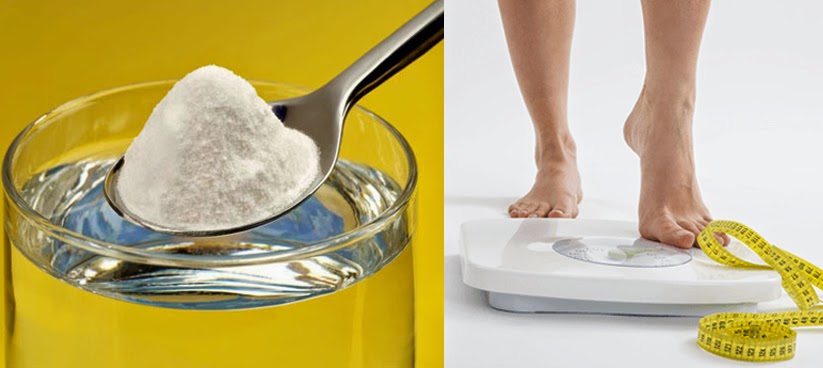The ideal weight that each person should have is determined by many variables such as height, age, genetic background, and bone size, among many others.

That is why tables have been proposed to standardize the determination of said weight, so that although there are variables that can influence the ideal weight, both online calculators and simple formulas to calculate the weight you should have are available.
5 Variables That Influence Your Ideal Weight
In this case it is not about being very thin or very fat, but the ideal weight that we should have is a very important health indicator.
Height:
It is a variable that indicates the size or height of a person. Its unit of measurement is centimeters and it is taken into account because it usually happens that taller people have more weight, without the need to be overweight. In these cases, the height can produce enough weight in body mass to be or not at the ideal weight.
Biological Weight:
It is the weight that the person should have when they have a certain height, according to the weight of the bones, muscles and organs in general; without taking into account excess fat weight, excess that should not be greater than 5 kg
Age
Body and metabolic needs, both hormonal and lipid, change throughout life. That is why the person should tend to increase their weight regardless of height. With age, it is very likely that metabolic complications can begin with fatty acids and lipids, which is why there is a natural tendency to gain weight.
Type of metabolism:
Humans have variations in the way we metabolize food. Some exhibit rapid functioning of metabolic processes, many of them located in the liver. On the contrary, if the metabolism related to fatty acids, sugars and carbohydrates is slow and delayed, the person can gain weight very easily.
Lifestyle:
If your life is fast-paced and stressful, and your nutrition is not the most adequate (prioritize the consumption of sweets and fast foods), your metabolism will be affected by both nervous and nutritional factors, and your weight will deviate enormously, by excess or by default, ideal value.
Have children:
The weight, specifically that of women, varies once they have had children. Once you have given birth one or more times, both the metabolism and the hormonal system are modified, and the shape of the body after childbirth changes, which favors the increase or decrease of weight, in addition your metabolism is accelerated or slowed down by hormonal effects. Having children is a variable that is always taken into account when calculating the ideal weight, because after one or more births, nutritionists do not consider that the ideal weight is the same as the one you had before having children.
Body Health Indicators
There are some techniques widely used by nutritionists; One of them consists in the application of a very simple formula that is accepted worldwide by the World Health Organization (WHO), known as the Body Mass Index (BMI). In addition to being very simple to calculate, it allows you to classify your weight and discover if it is indicating poor health, deficiencies or defects in nutrition.
3 ways to determine your ideal weight
You can determine what your ideal weight is by using tables, a calculator or the well-known body mass index, which are ways to measure if the weight is suitable for your height and physical complexion.
Calculator to find out what your ideal weight is.
On the internet you can find a large number of tools or calculators that help you determine the ideal weight, comparing your height with your weight. We invite you to consult some of them, which immediately make the calculation and allow you to obtain a value immediately, which can be useful to take action if you are not feeding properly.
Consultation of weight tables according to height
There are graphs or tables that relate current weight to height, depending on age. They are tables that are consulted by age, after applying a mathematical relationship as simple as: BMI = current weight / height2, which are very useful. In addition to being very easy to handle, they allow you to classify your weight by ranges, and discover if it is negatively affecting your physical well-being.
Calculation of BMI (Body Mass Index)
It is a fairly simple mathematical operation. You only need to have the data, correctly measured, of your current weight and your height. Write them down and apply the following formula:
BMI = Weight (gr) / [Height (cms)] 2
Alternatives to maintain the ideal weight
A balanced diet allows you to maintain your ideal weight. If you have discovered that you are overweight, you should consult with a nutritionist, increase the intake of foods such as salads and vegetables and reduce the consumption of sweets and sweets; in addition to avoiding the fast-paced lifestyle and stopping consuming foods with hollow calories.
A balanced diet is not a diet to lose weight: it is a diet that maintains the ideal weight, so if you are overweight or a few kilos more, you must follow a regime that allows you to lose weight and then try to maintain the ideal body weight to be healthy.
Increase the intake of fish especially, since it contains omega-3, a protective factor of the vascular system, very important to maintain the ideal weight in a balanced diet, in addition to being healthy.






